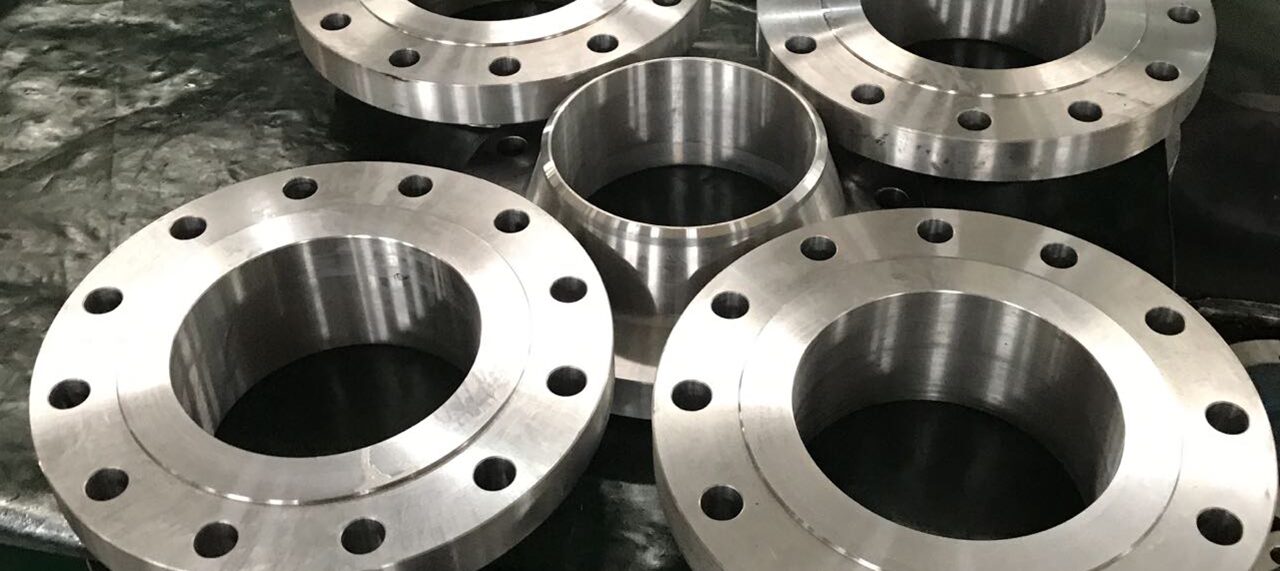Share this
The Core Significance of Flange Stacking
As a critical component of industrial pipeline systems, the stacking and storage of flanges not only influence transportation and handling efficiency but also directly affect the appearance and performance of the products. By adopting scientific and standardized stacking methods, businesses can optimize storage management while showcasing professionalism and a strong commitment to customers.
Keywords:
#flange stacking #quality protection #industrial storage #pipe flange
Key Principles of Flange Stacking
Categorized Stacking for Clear Organization
Flanges of different types, materials, and sizes should be categorized and stacked separately in clearly labeled areas. This improves work efficiency and prevents delivery errors caused by mixing.Stable Stacking to Prevent Slippage
Ensure the stability of flanges during stacking. Using anti-slip mats or spacers can effectively reduce sliding and friction, preventing scratches or dents.Height Limits to Ensure Safety
The stacking height must comply with safety regulations to avoid accidents caused by tipping. Generally, a single stack should not exceed 1.5 meters, with adjustments made based on flange specifications and storage conditions.Protective Measures Against Corrosion
Flanges are susceptible to environmental factors, especially oxidation and corrosion in humid conditions. Wrapping with waterproof film or storing in a dry, well-ventilated area can significantly enhance storage quality.Clear Labeling for Easy Identification
Every stack of flanges should have a clear label indicating the product name, specifications, material, and quantity, facilitating quick identification and inventory management.
Comprehensive Advantages of Standardized Flange Stacking
Enhancing Corporate Image
Organized stacking reflects a company’s management standards and conveys a professional attitude to clients.Reducing Loss Costs
Preventing scratches, dents, and corrosion caused by improper stacking significantly lowers material losses.Boosting Logistics Efficiency
Proper stacking methods facilitate loading, unloading, and transportation, accelerating the logistics process.Improving Safety Assurance
Complying with safety guidelines for stacking minimizes the risk of warehouse or transportation accidents.
Conclusion: Protecting Quality Starts with Stacking
Flange stacking is more than just a basic storage operation; it’s a vital part of quality management. Through scientific stacking methods, businesses can ensure their products reach customers safely while earning trust and satisfaction.
Let us all commit to: Standardized stacking, ensuring quality; meticulous attention to detail, achieving excellence!

